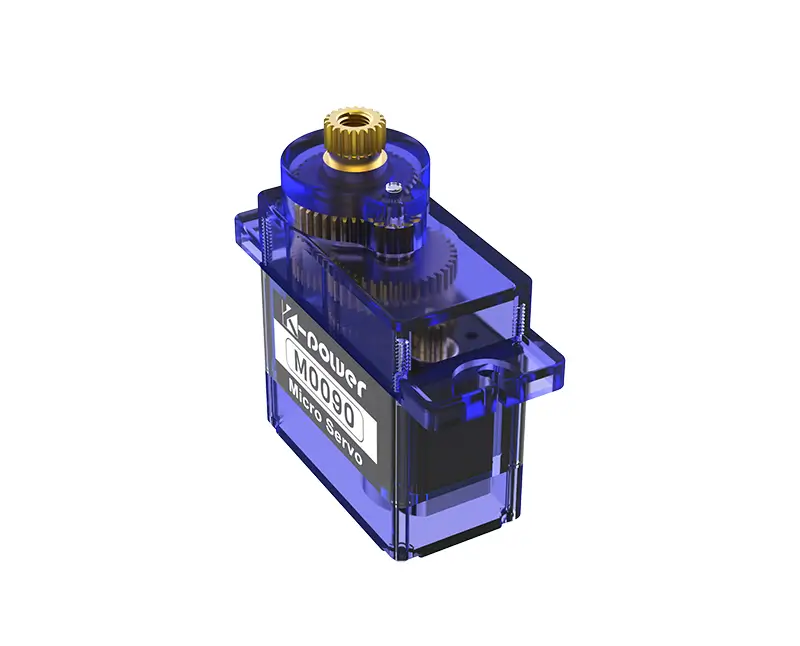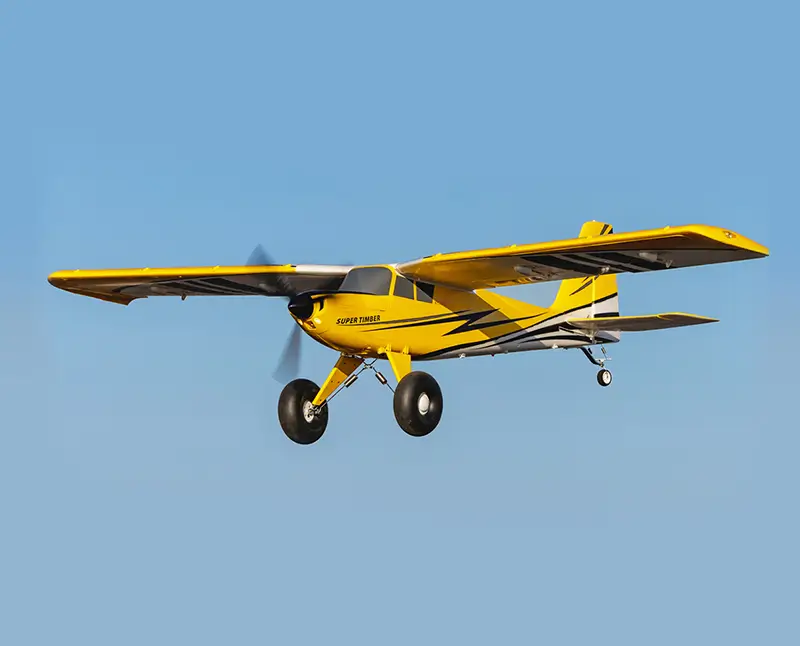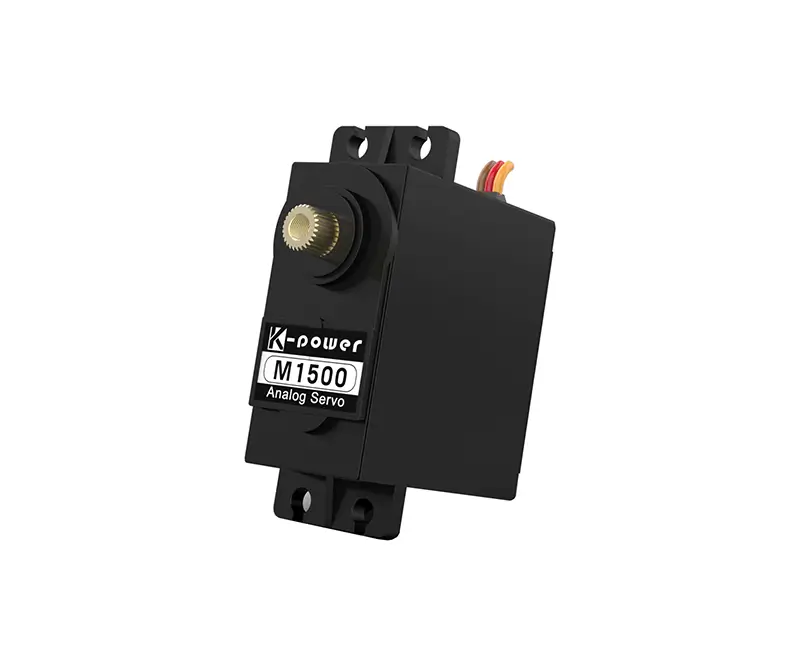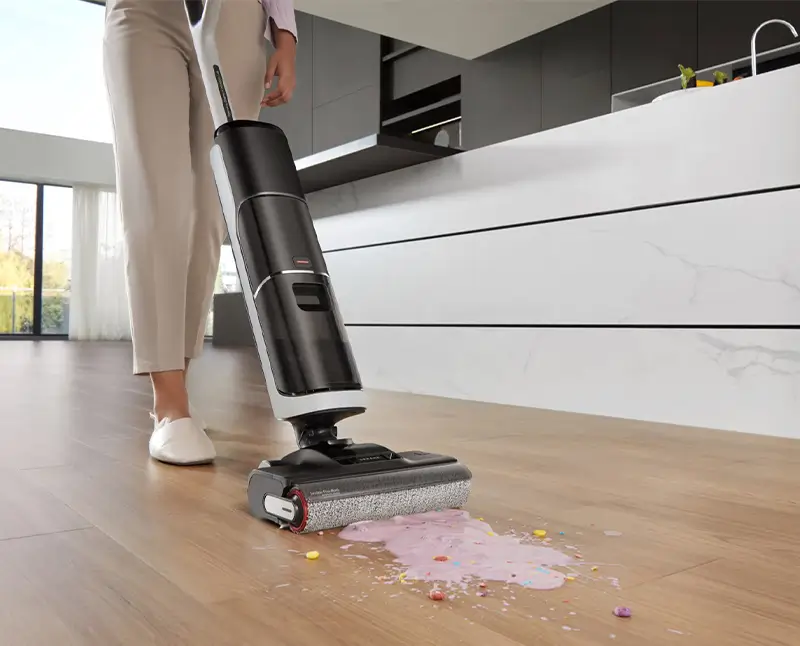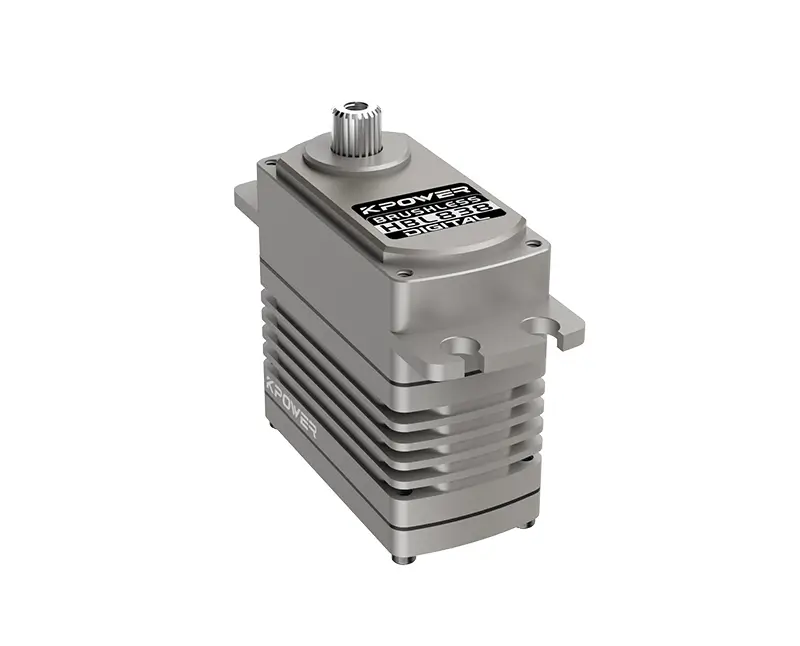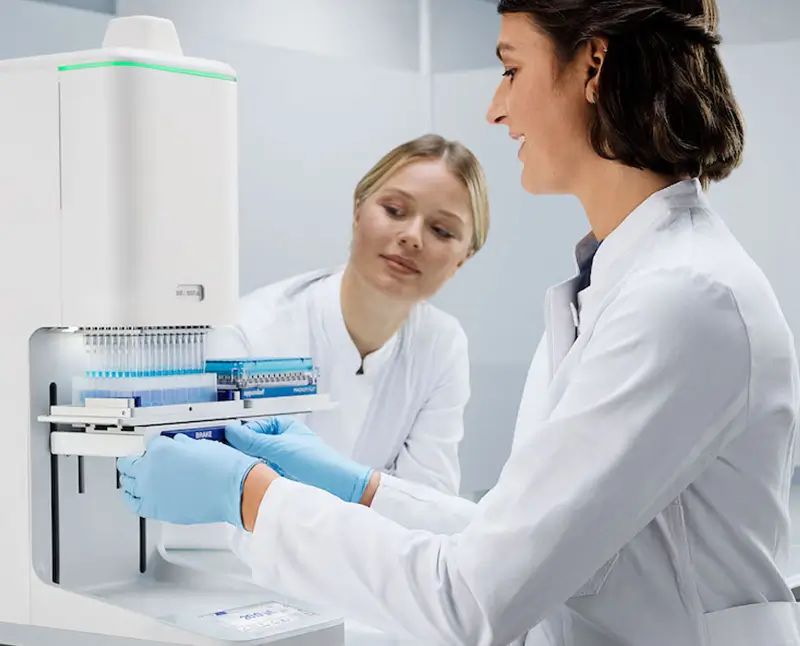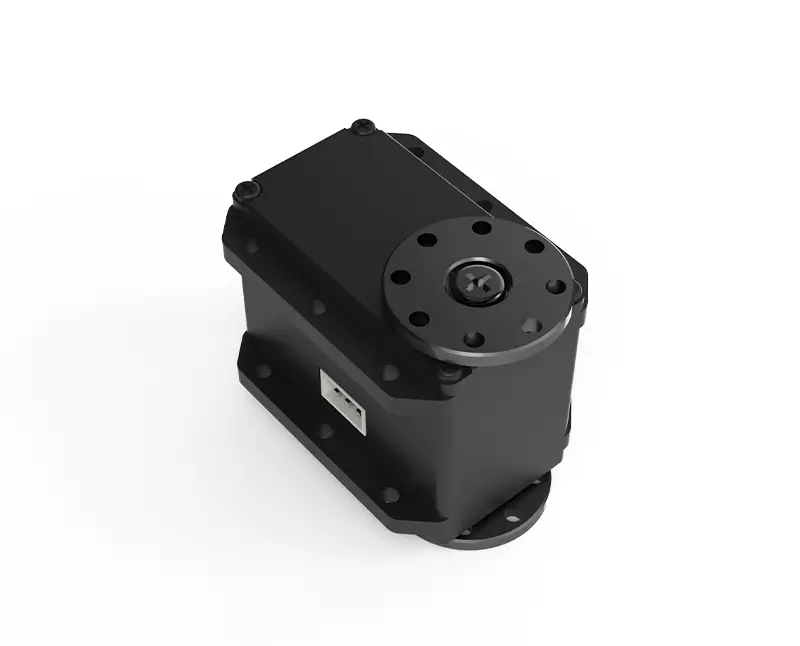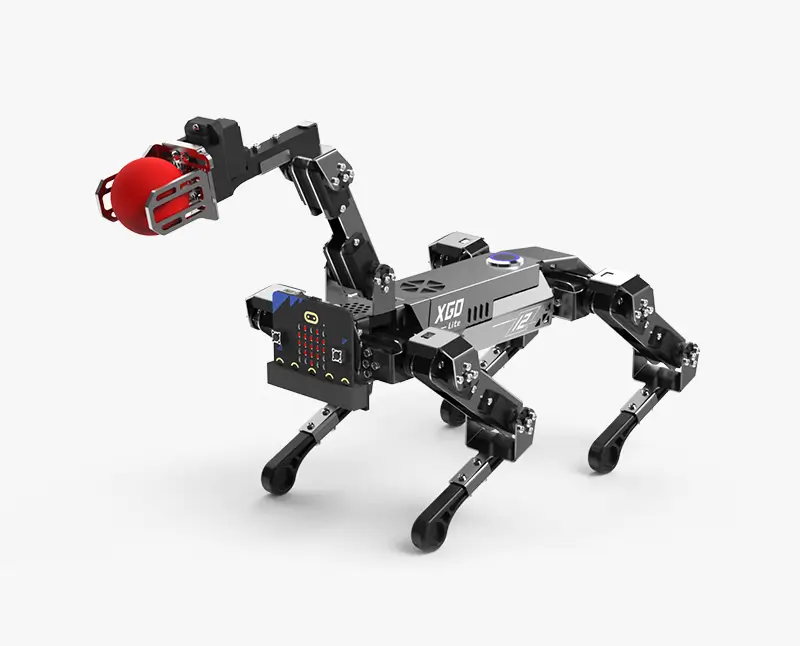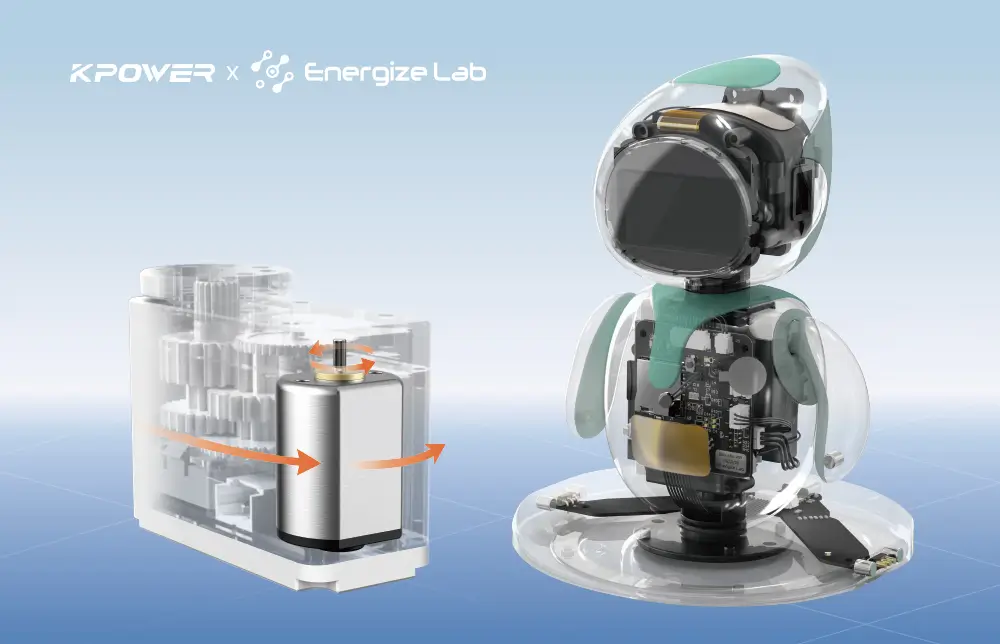Understanding the Role of Servo Testers in RC Aviation
If you’re passionate about RC planes, you know that every component plays a critical role in achieving smooth, precise flight. Among these components, servos are the unsung heroes—responsible for controlling surfaces like ailerons, elevators, and rudders. But what happens when a servo malfunctions mid-flight? Enter the RC plane servo tester, a must-have tool for hobbyists who demand reliability and precision.
.webp)
Why Servo Testers Matter
Servos are electromechanical devices that convert electrical signals into physical movement. Over time, wear and tear, improper calibration, or voltage fluctuations can cause servos to jitter, stall, or respond inaccurately. A servo tester eliminates guesswork by allowing you to diagnose and fine-tune servos independently of your transmitter or receiver. This not only saves time but also prevents costly crashes caused by faulty equipment.
Imagine building a new RC plane: you’ve spent hours assembling the frame, installing electronics, and balancing the weight. The last thing you want is to discover a misbehaving servo during the maiden flight. A servo tester lets you validate each servo’s range of motion, speed, and centering before takeoff, ensuring your plane performs as intended.
How Servo Testers Work
A basic servo tester mimics the signals sent by an RC receiver. By generating adjustable pulse-width modulation (PWM) signals, it lets you manually control servo movement. Advanced models add features like automatic sweeping (cycling the servo through its full range) and programmable center points. Here’s a breakdown of key functions:
Manual Mode: Adjust the servo’s position using a knob or buttons. Auto-Sweep: Test the servo’s full range of motion to detect stiffness or dead zones. Centering: Verify that the servo returns to its neutral position accurately.
For example, the HobbyKing Servo Tester offers a simple interface for quick checks, while the Turnigy Servo & ESC Tester includes additional features like ESC calibration.
Real-World Applications
Pre-Flight Checks: Test all control surfaces before launching your plane. Troubleshooting: Identify whether a malfunction stems from the servo, receiver, or transmitter. Bench Testing: Calibrate multiple servos simultaneously during builds or upgrades.
A hobbyist shared how a servo tester saved his vintage RC model: “I was restoring a 20-year-old plane and noticed the rudder servo was jittery. Using a tester, I isolated the issue to a worn-out potentiometer and replaced it before it caused a crash.”
Choosing Your First Servo Tester
For beginners, a basic tester under $20 is sufficient. Look for:
Compatibility with analog and digital servos. A clear display or LED indicators. Adjustable pulse width (typically 500–2500 μs).
Mid-range options like the Dynamite Servo Cycler add programmable memory and speed controls, ideal for advanced users.
Pro Tip: Always test servos at their rated voltage. Using a higher voltage without proper support can burn out the motor!
Advanced Techniques and Pro Tips for Servo Testing Mastery
Now that you understand the basics, let’s explore advanced strategies to maximize your servo tester’s potential. From fine-tuning performance to integrating testers into your workflow, these insights will transform how you approach RC aviation.
Beyond the Basics: Advanced Features
Modern servo testers are packed with features that go beyond simple diagnostics:
Programmable Sequences: Simulate complex control patterns to stress-test servos. Multiple Servo Support: Test up to 8 servos at once (e.g., Spektrum SPMA3065). Data Logging: Record servo performance metrics for analysis. ESC Compatibility: Some testers double as ESC calibrators, streamlining your setup.
For competitive pilots, tools like the PowerHD ST-1 Servo Tester offer microsecond-level adjustments to synchronize multiple servos in high-performance gliders or jets.
Case Study: Optimizing a 3D RC Plane
3D aerobatic planes require servos with lightning-fast response and zero slop. A pilot competing in the 2023 Extreme Flight Championships used a servo tester to:
Confirm each servo’s speed (0.08s/60° vs. the advertised 0.07s/60°). Adjust endpoints to avoid binding in extreme maneuvers. Center all servos to ensure symmetrical control throws.
The result? A 15% improvement in roll rates and a podium finish.
DIY Servo Tester Projects
For tech-savvy hobbyists, building a custom servo tester can be a rewarding project. Arduino-based testers allow you to:
Create custom sweep patterns. Integrate voltage and current monitoring. Save profiles for different servo types.
Quick Build Guide:
Use an Arduino Nano ($10). Add a potentiometer for manual control. Install a 16x2 LCD for real-time feedback. Upload open-source firmware from GitHub.
This approach costs under $30 and offers unparalleled flexibility.
Servo Tester Maintenance
Even your tester needs care! Follow these tips:
Clean Connectors: Use contact cleaner to prevent signal loss. Update Firmware: For smart testers, check for manufacturer updates. Store Safely: Keep in a anti-static bag to avoid circuit damage.
The Future of Servo Testing
Emerging trends include:
Bluetooth Integration: Adjust settings via smartphone apps. AI Diagnostics: Testers that predict servo lifespan using machine learning. Wireless Testing: Validate servos remotely during pre-flight checks.
Brands like FrSky and JETI are already prototyping these innovations, promising a new era of precision in RC aviation.
Final Thoughts
An RC plane servo tester isn’t just a tool—it’s your insurance policy against mechanical failure. Whether you’re a weekend flyer or a competitive pilot, investing in a quality tester pays dividends in performance, safety, and peace of mind. As one seasoned hobbyist put it: “A $50 tester saved my $2,000 scale model. That’s a trade I’ll make any day.”
By mastering servo testing, you’re not just maintaining equipment; you’re elevating your entire RC experience. So, ground your plane, power up your tester, and let precision take flight. 🛩️✨
End of Article


































.webp)
